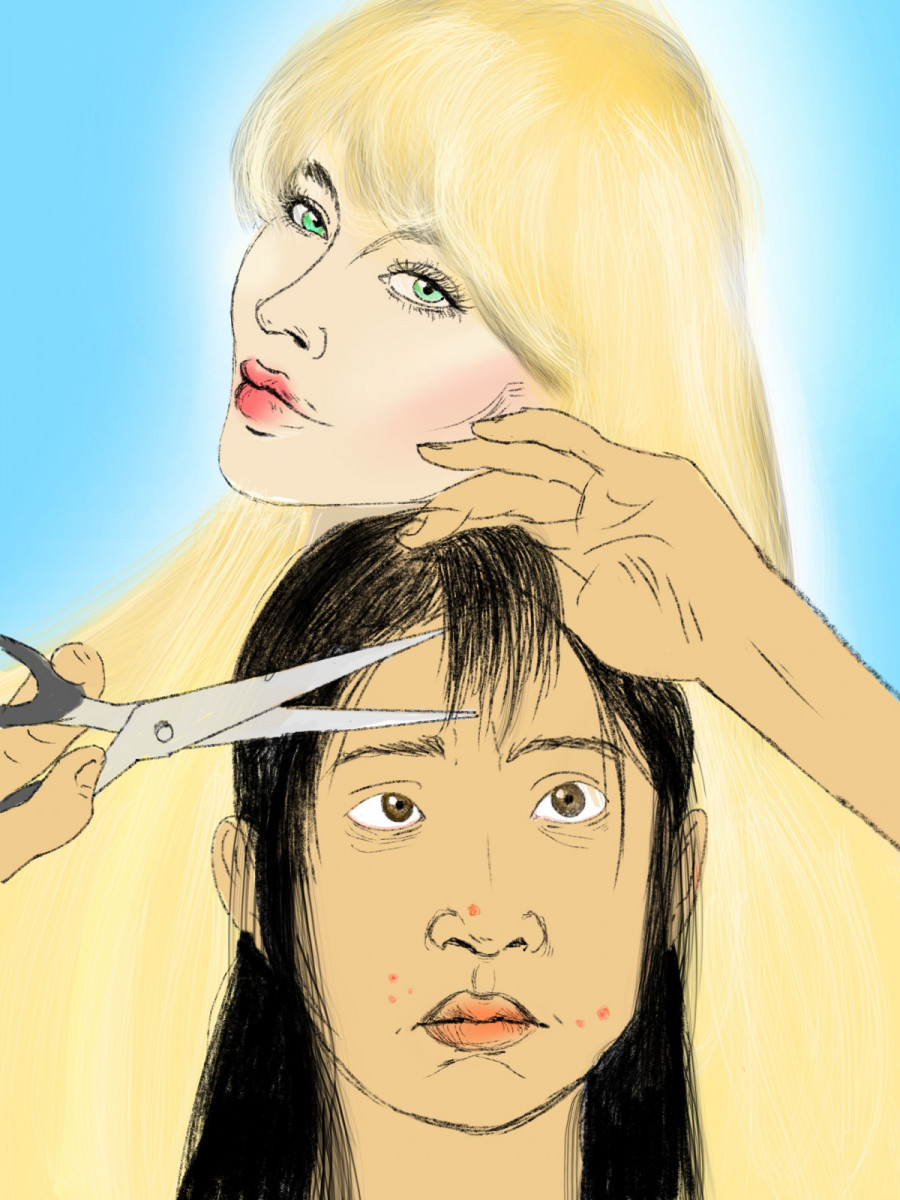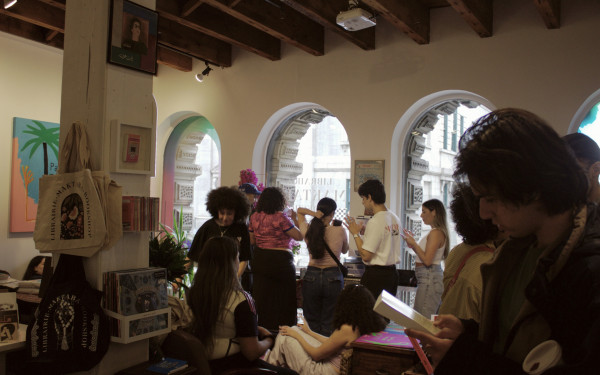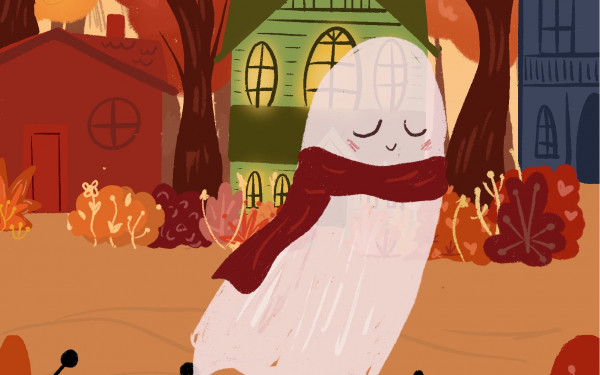Reevaluating art in light of an artist’s past
Artists often lead controversial lives without consequence, shielded by fandom and idolization, but this amplifies their influen
From glamour to affluence, celebrities often use their prestige as a shield, escaping consequences the average person cannot.
Toxicity roams the streets of Hollywood, from drug-fuelled escapades to radical ideologies. While status might excuse such lifestyles, it becomes dangerous when these behaviours are openly displayed.
Rapper Kanye West epitomizes the celebrity icon who uses his platform to express outrageous opinions.
Recently, West exploited X’s lack of censorship to spread antisemitic, racist and sexist views. Elon Musk, the platform’s current owner, holds similar beliefs, further enabling a culture of hate. Despite his constant problematic behaviour, his work is still considered amazing, and his music continues to be played everywhere, from clubs to car speakers.
Nothing West does goes unnoticed in an industry where prestige amplifies every move. When an artist expresses harmful views, it becomes immoral to separate the creator from their work.
West’s tweets included shocking antisemitic remarks with profoundly ignorant claims about racism. Alongside these remarks, he listed a single white T-shirt featuring a swastika on his former Yeezy brand website.
West isn’t just a chart-topper; he’s a global phenomenon with billions of streams who recently claimed a net worth of US$2.77 billion. Previously the mastermind behind the successful shoe and clothing brand Yeezy, he appears to have little to lose. Yet, his ignorance has far-reaching consequences.
His audience spans cultures, generations and ideologies, which amplifies his words in ways that can shape public opinion. West's impact is undeniable, especially in an era where social media often outperforms traditional media, even influencing election campaigns.
West’s antisemitic remarks and racist claims were not the first—nor will they be the last—of his hateful rhetoric. Who can forget West interrupting Taylor Swift’s acceptance speech at the MTV Video Music Awards; his running for president in 2020; or his models who wore shirts stating, “White Lives Matter,” during the 2022 Paris Fashion Week? These controversies have clearly shown West’s hateful character—but he’s not alone.
Artists engaging in controversy is nothing new.
Legendary painter and sculptor Pablo Picasso is celebrated for his groundbreaking artworks displayed in museums worldwide. However, his personal life was mired in controversy—some might even call it unethical.
Picasso pursued much younger women, including Marie-Thérèse Walter, whom he met when she was just 17 and he was 45. Their relationship resulted in a child, intensifying the controversy. Allegations of misogyny followed him, including accusations of manipulation, control and emotional abuse in his relationships. Though his artistic genius reshaped the art world, his legacy is shadowed by an unsettling reality of harm.
Although West's and Picasso’s works are different from one another, they remain art, nonetheless. While their works might be admired, is admiration worth tolerating hate speech, radical views, or psychological abuse of women? The simple answer is no.
On TikTok, viral videos spread within hours, sometimes minutes. When a celebrity is involved, the window can shrink to merely seconds. When an artist shows problematic behaviour on social media, it sends a message that such behaviour is acceptable.
Nowadays, saying something morally heinous guarantees views, likes and follows, fuelling social conflicts instead of resolving them. According to the Social Switch Project, ragebait “thrives because it taps into our emotional instincts, compelling us to react, comment, and share, even if it’s to express disapproval.”
What may seem like just a post has the power to shape perception and fuel divisive conversations.
When we celebrate art, we inevitably celebrate the artist behind it. Art is born from the artist’s behaviours, beliefs and worldviews. Praising the art inherently uplifts its creator.
We must stop separating artists from their art. It's the only way to hold controversial celebrities accountable and prevent them from using their talent as an excuse for harmful behaviour.






_1_600_375_90_s_c1.jpg)
